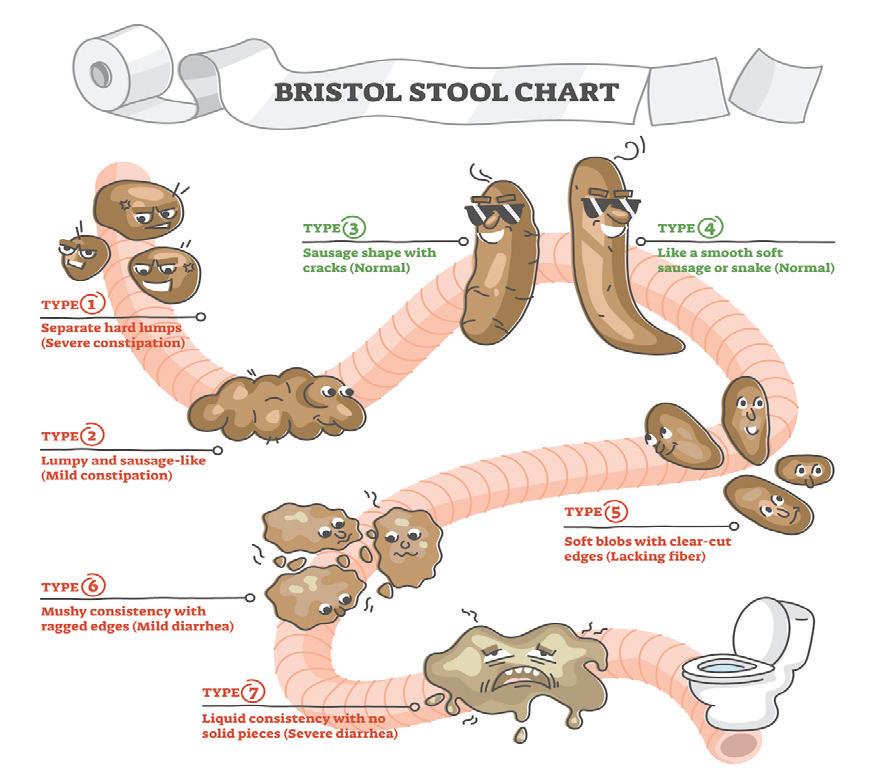
1 minute read
HEALTH COMMITTEE
Signs and Symptoms
Symptoms may not present quickly. However, some of the followings are details to look for.
• A change in bowel habits, such as diarrhea, constipation, or narrowing of the stool, that lasts for more than a few days
• A feeling that you need to have a bowel movement that's not relieved by having one
• Rectal bleeding with bright red blood
• Blood in the stool, which might make the stool look dark brown or black

• Cramping or abdominal (belly) pain
• Weakness and fatigue
• Unintended weight loss
How To Properly Use The Toilet When Pooping
Prevention of Colorectal Cancer
Doctors recommend that people with an average risk of colon cancer consider colon cancer screening around age 45. But people with an increased risk, such as those with a family history of colon cancer, should consider screening sooner. Several screening options exist — each with its own benefits and drawbacks. Talk about your options with your doctor, and together you can decide which tests are appropriate for you.
How do I lower my risk of rectal or colon cancers as a woman
To lower your risk of developing colorectal cancer or any other cancer, aim to follow healthy lifestyle behaviors. Exercise at least four times a week, eat a diet high in fiber (aim for 25 grams of fiber a day) and limit your alcohol intake. Most importantly, be aware of your body – if you are experiencing any unusual or persistent symptoms, please mention it to your physician.




